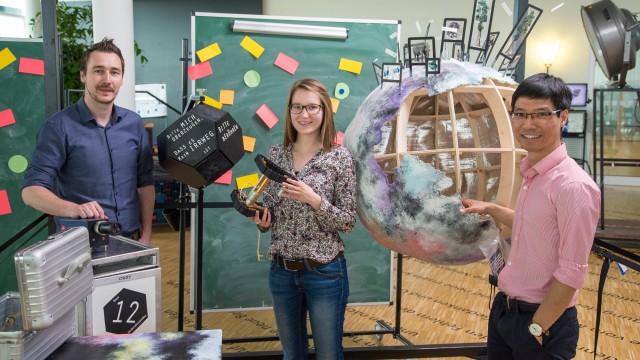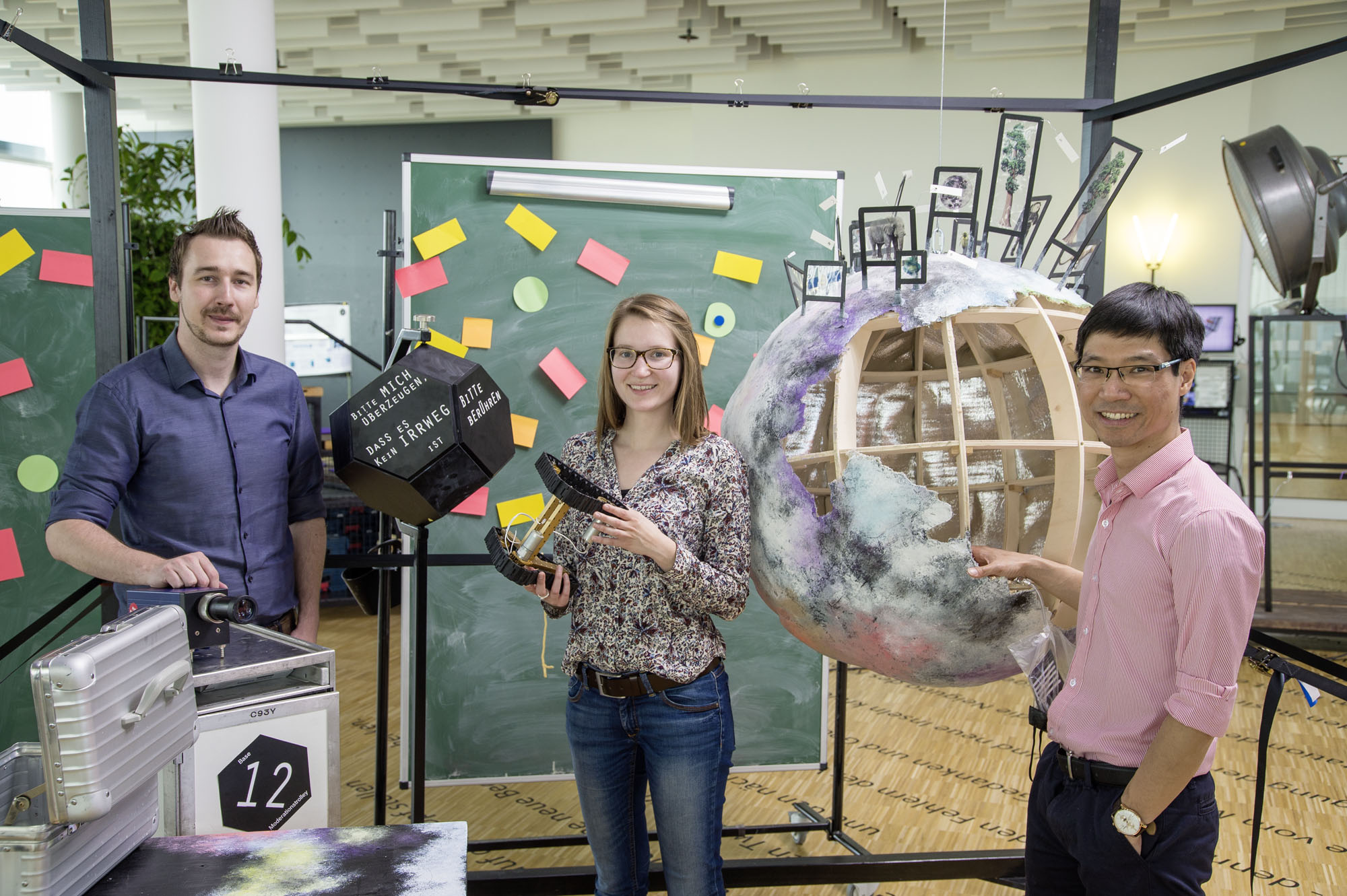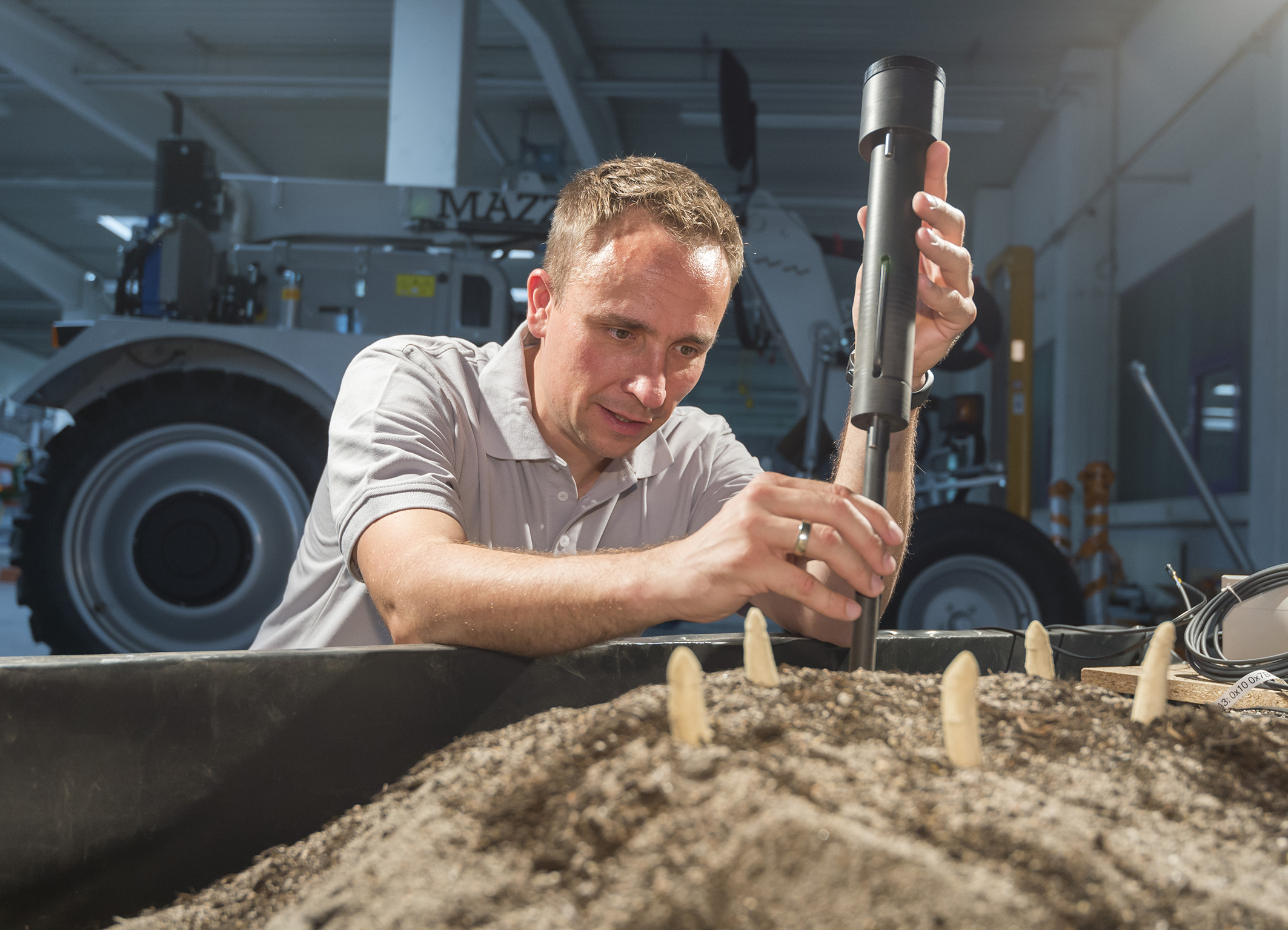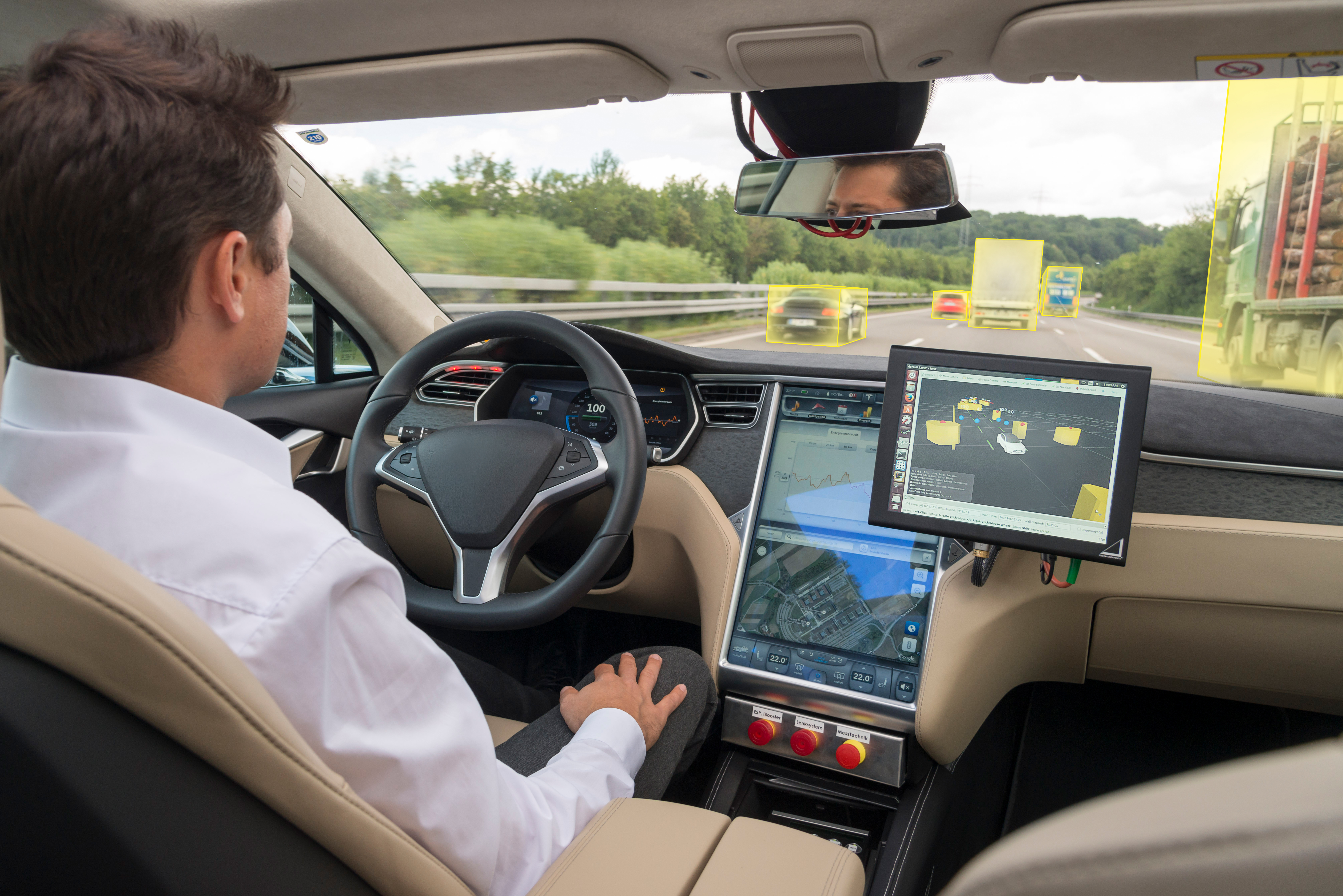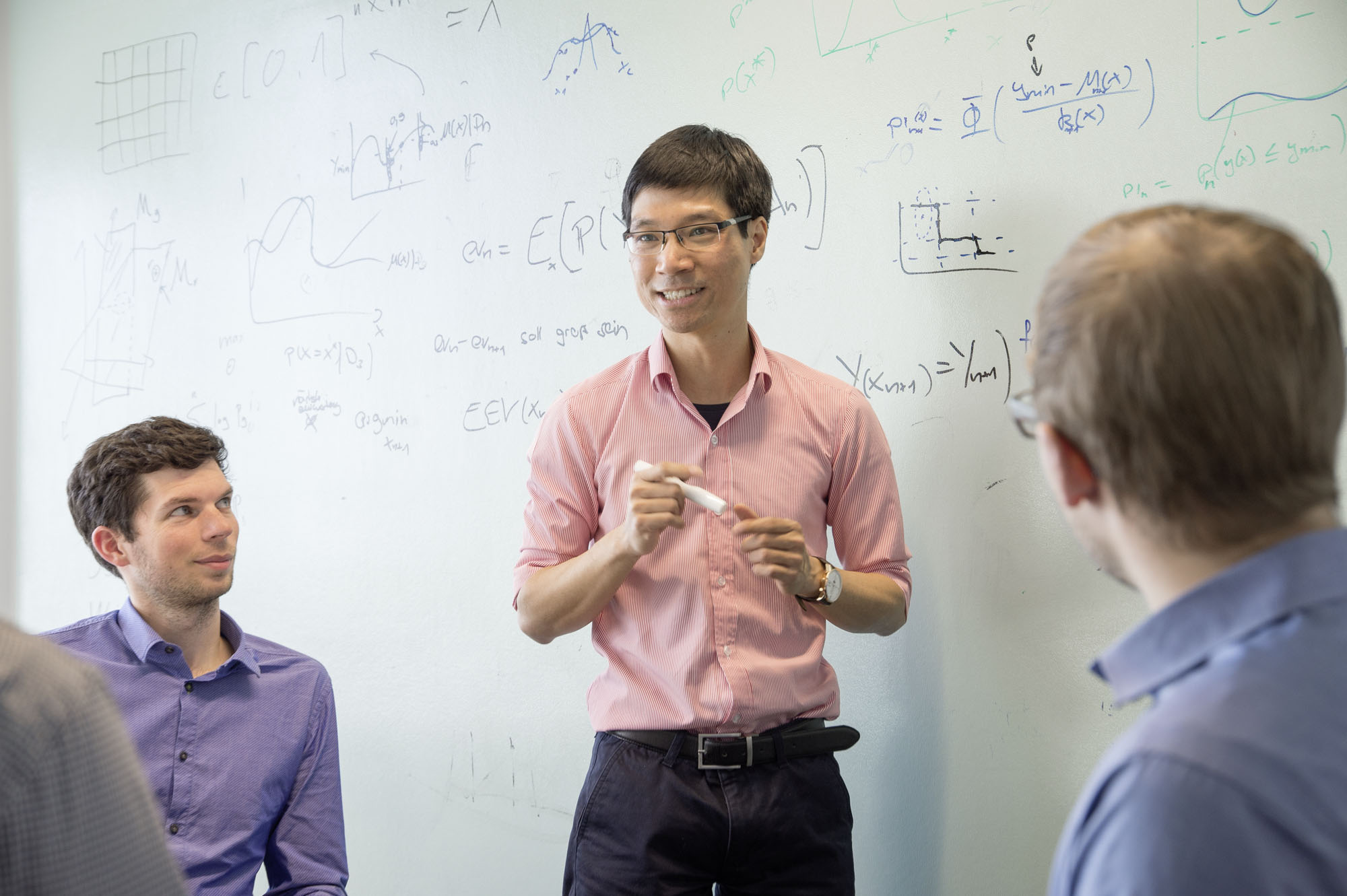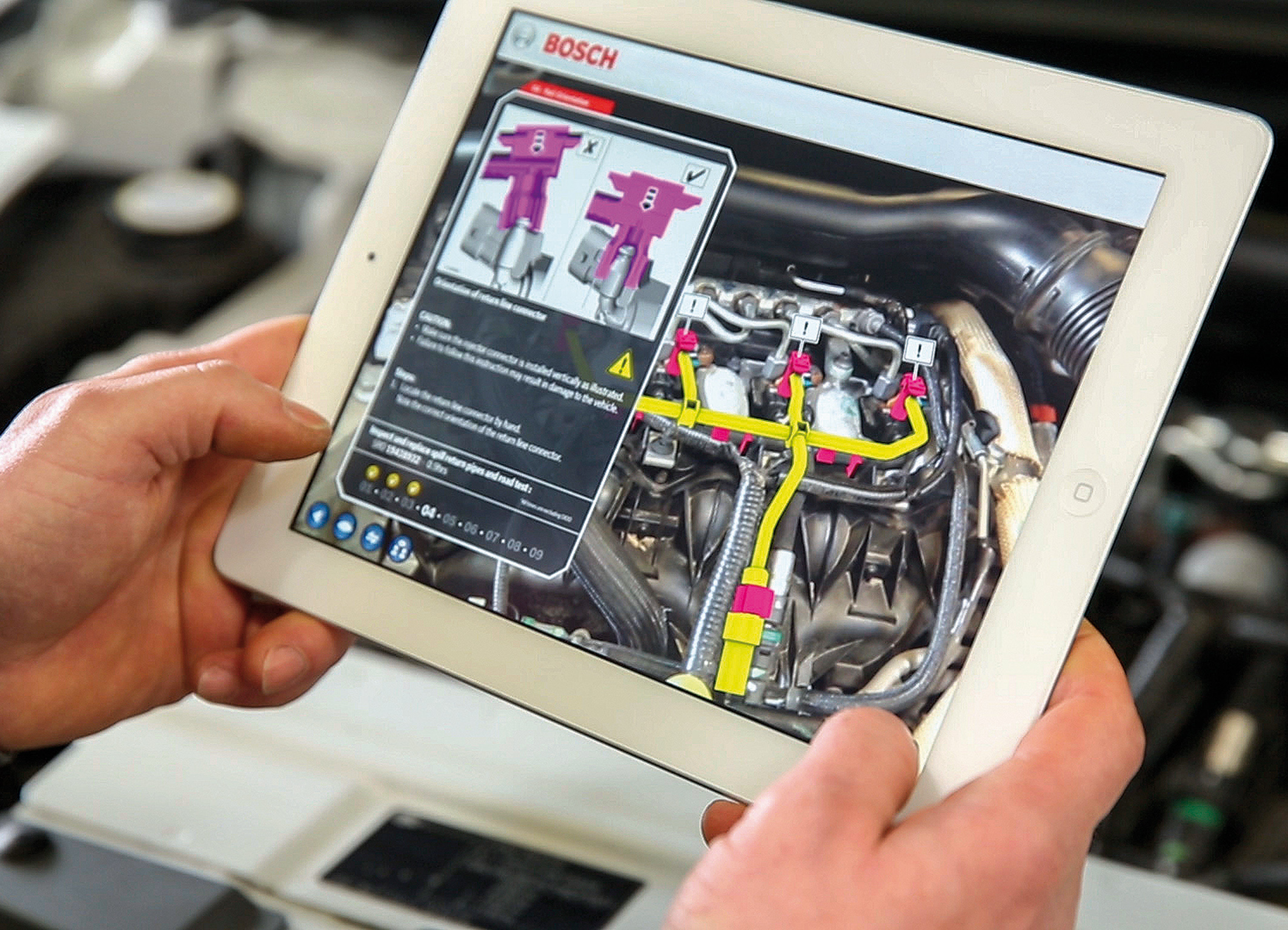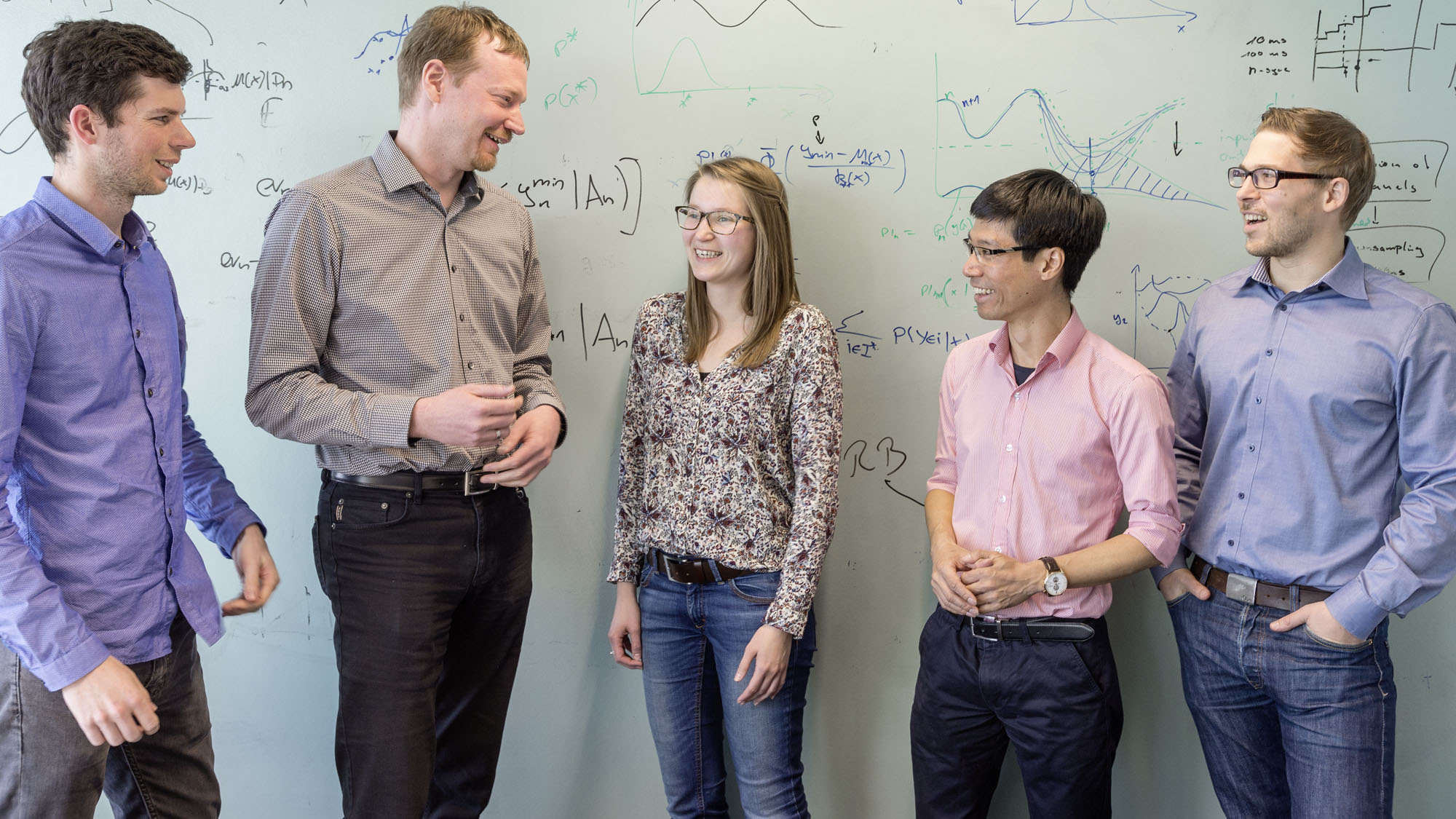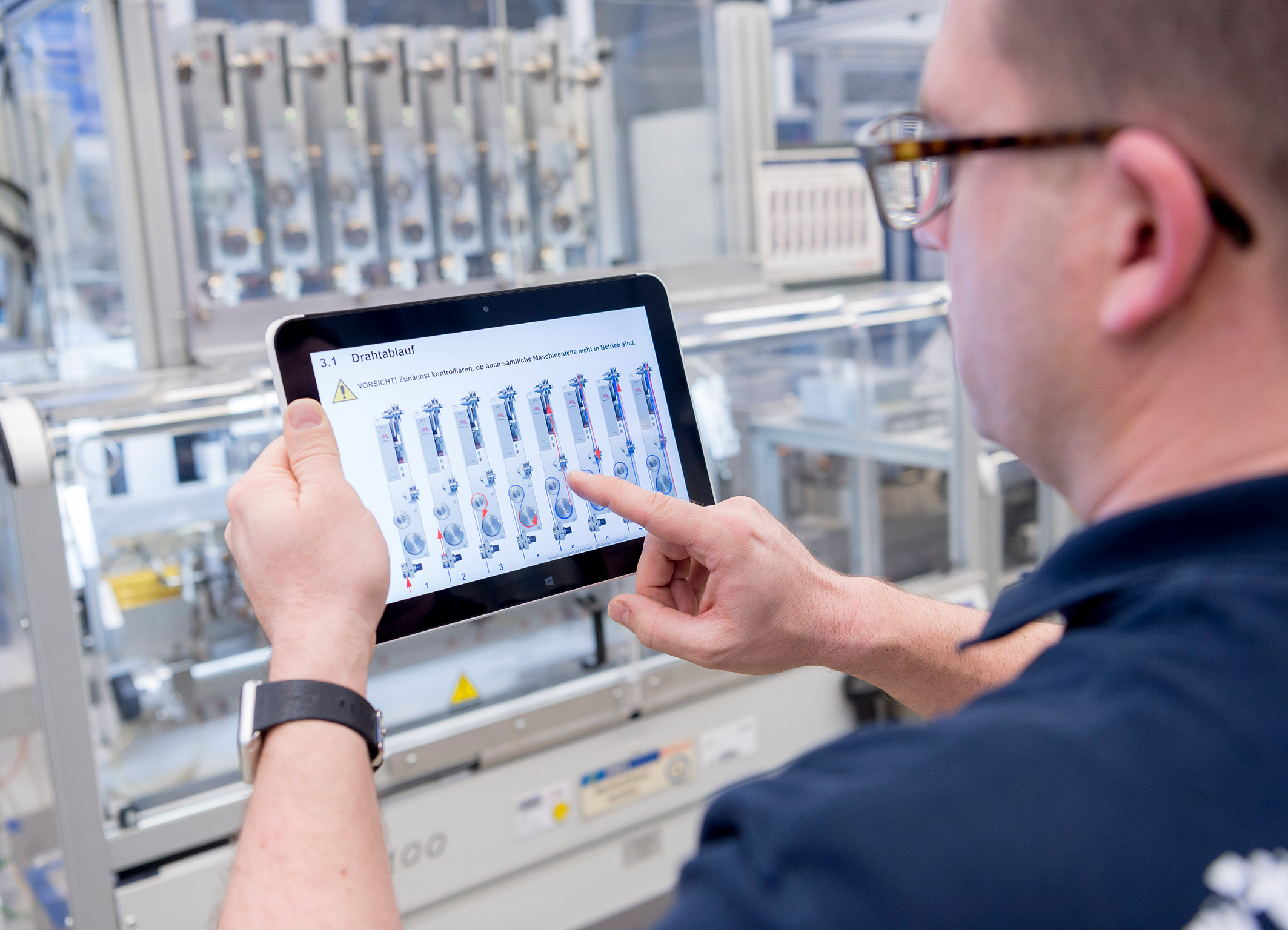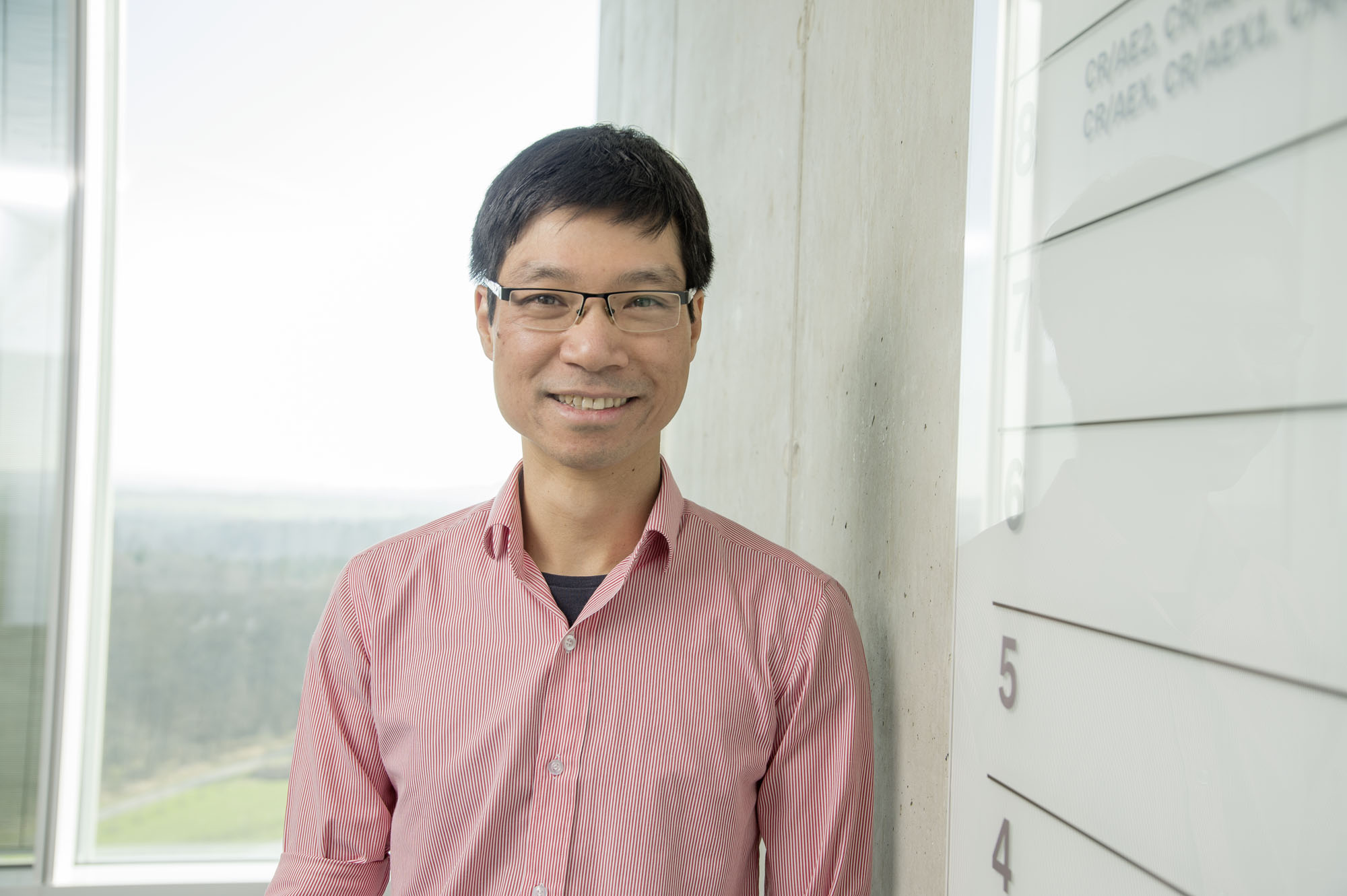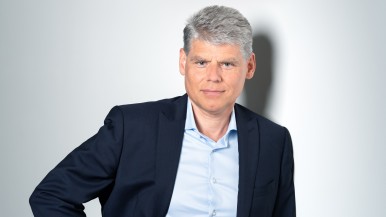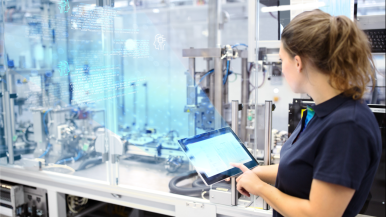Stuttgart, Germany − This year, Bosch is planning to recruit some 20,000 specialists and executives in the technical and commercial fields. Nearly half of all jobs currently advertised relates to software in some way. To come up with solutions for the internet of things, such as connected production lines or connected agriculture, the global supplier of technology and services is combining its expertise in hardware and software. “Connected solutions are creating new jobs. People with professional experience and software skills have especially good chances, which includes mechanical engineers and software developers alike,” says Christoph Kübel, member of the board of management and director of industrial relations at Robert Bosch GmbH. In the connected world, software − in combination with hardware − plays a crucial role in an increasing number of products and services. “The complexity of connected solutions continues to grow, which is why we specifically foster the knowledge and creativity of our associates through training, flexible working models, as well as mixed leadership teams,” Kübel says. The company’s staffing needs are greatest in Germany (3,400 jobs), India (3,100 jobs), and China (2,500 jobs). In addition to the 20,000 specialists and executives in the technical and commercial fields, new hires are also planned in manufacturing.
Related links
Bosch as an employer: www.bosch-career.com
Diversity at Bosch: http://bit.ly/2oiovde
Guidelines for a flexible working culture at Bosch: http://bit.ly/ZRVR5Z
Work-life balance at Bosch: http://bit.ly/1vQqaDN
2017 Bosch Connected World Conference: http://bit.ly/2nN4v4m
Start-up Deepfield Robotics – IoT in agriculture: http://bit.ly/2n8DeJ7
For innovators: Connected World content hub: https://iot.bosch.com/
For applicants − Bosch software challenge: http://www.bosch-software-challenge.com/
About Bosch
The Bosch Group is a leading global supplier of technology and services. It employs roughly 418,000 associates worldwide (as of December 31, 2024). The company generated sales of 90.3 billion euros in 2024. Its operations are divided into four business sectors: Mobility, Industrial Technology, Consumer Goods, and Energy and Building Technology. With its business activities, the company aims to use technology to help shape universal trends such as automation, electrification, digitalization, connectivity, and an orientation to sustainability. In this context, Bosch’s broad diversification across regions and industries strengthens its innovativeness and robustness. Bosch uses its proven expertise in sensor technology, software, and services to offer customers cross-domain solutions from a single source. It also applies its expertise in connectivity and artificial intelligence in order to develop and manufacture user-friendly, sustainable products. With technology that is “Invented for life,” Bosch wants to help improve quality of life and conserve natural resources. The Bosch Group comprises Robert Bosch GmbH and its roughly 490 subsidiary and regional companies in over 60 countries. Including sales and service partners, Bosch’s global manufacturing, engineering, and sales network covers nearly every country in the world. Bosch’s innovative strength is key to the company’s further development. At 136 locations across the globe, Bosch employs some 87,000 associates in research and development.
The company was set up in Stuttgart in 1886 by Robert Bosch (1861–1942) as “Workshop for Precision Mechanics and Electrical Engineering.” The special ownership structure of Robert Bosch GmbH guarantees the entrepreneurial freedom of the Bosch Group, making it possible for the company to plan over the long term and to undertake significant upfront investments in the safeguarding of its future. Ninety-four percent of the share capital of Robert Bosch GmbH is held by Robert Bosch Stiftung GmbH, a limited liability company with a charitable purpose. The remaining shares are held by Robert Bosch GmbH and by a company owned by the Bosch family. The majority of voting rights are held by Robert Bosch Industrietreuhand KG. It is entrusted with the task of safeguarding the company’s long-term existence and in particular its financial independence – in line with the mission handed down in the will of the company’s founder, Robert Bosch.
Additional information is available online at www.bosch.com, www.bosch-press.com.

